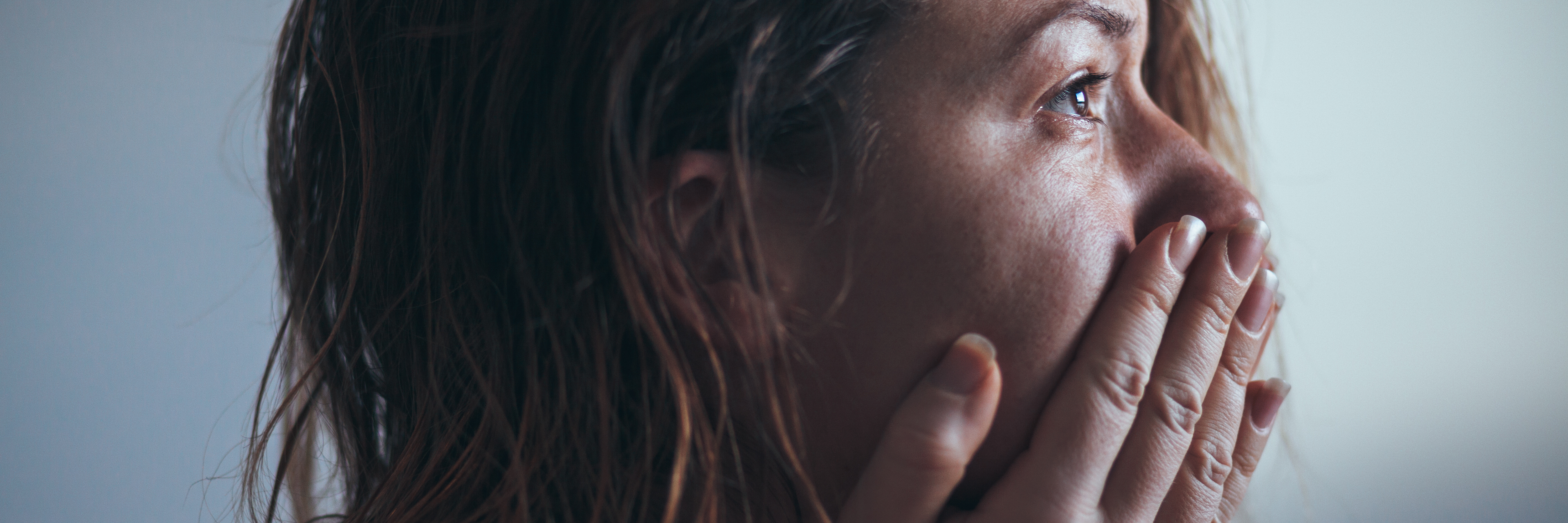Part of my struggle with having mental illnesses is dealing with the shame following episodes of mental illness.
• What is Bipolar disorder?
During a manic episode, I lose impulse control. I have many ideas at the same time and I think all of my ideas are brilliant. I meet people online and think I am in love with near-strangers.
After the episode is over, I feel ashamed of how I’ve acted. How could I say those things out loud? How could I take those risks in relationships and get hurt? How could I be so impulsive? That was really dangerous.
Along with the shame I think, I’m not that kind of person. I’m not reckless. I’m not wild. I am a rational, intelligent person. I’m conservative. I’m not that person.
So I tell myself firmly, I have an illness. I had a manic episode. It doesn’t mean I’m a wild and reckless person. I have an illness.
During a dissociative episode, I act bizarrely and tell people fervently that all of these bizarre things at true. I see them look at me strangely but I don’t know why. I hear voices and see things. I have intense flashbacks. My friends get weird and distant. Nobody knows how to talk to me and I don’t understand why.
After the episode, I feel ashamed. How could I have acted so weird and said all this stuff out loud? Now I’ll lose my friendships. I was really acting “crazy.”
So I tell myself firmly, I have an illness. I had a dissociative episode. It doesn’t mean I’m “crazy.” It’s part of my illness.
Shame follows episodes of depression.
I can’t believe I went to work wearing the same clothes I wore the day before, not showering, not even combing my hair. I stayed in bed all day and didn’t show up places. I feel ashamed.
I remind myself, I have an illness.
Shame follows episodes of self-harm. What kind of person causes themselves pain to deal with emotions? This is messed up. I am messed up.
I remind myself, I have an illness.
Shame follows panic attacks. I can’t believe I walked out in the middle of church, or class, or a store. That is so embarrassing. I’m sure everyone was judging me.
I remind myself, I have an illness.
I try to accept that these behaviors are not strange for someone with my illnesses. It’s typical for someone with bipolar disorder to act like I do during manic and depressive episodes. It’s part of our illness. It’s typical for people with dissociative problems to act bizarrely. All of this is “normal” for someone with my illnesses.
Instead of beating myself, I grieve about things that have happened. I remind myself, I have an illness where it’s typical for me to act in these ways. It’s not me, it’s the illness.
It’s not as important what has happened. It’s more important that I keep going.
How I act during an episode does not define my character. My character is shown in how I work hard to deal with an episode while it was happening, and keep fighting afterward; how I work hard to repair relationships, to make healthy choices and be a better employee.
I keep going. I strive to manage my illness better, and I work to give myself some grace when I have an embarrassing episode.
I am proud that I endure these episodes and find peace on the other side. I wish these things didn’t happen, but I don’t need to feel ashamed. I just need to keep reminding myself that this is part of my illness, and I am coping the best I can.
If you or someone you know needs help, visit our suicide prevention resources page.
If you struggle with self-harm and you need support right now, call the crisis hotline at 1-800-273-8255 or text “START” to 741-741. For a list of ways to cope with self-harm urges, click here.
Thinkstock photo via Marjan_Apostolovic

